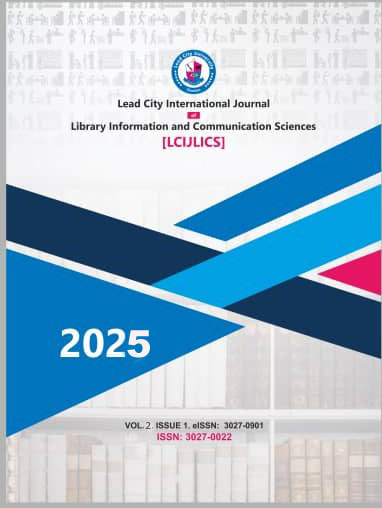Collaborative Learning Spaces and Quality Education Among Postgraduates in Southwest, Nigeria
DOI:
https://doi.org/10.63741/Keywords:
Collaborative Learning Spaces (CLS), Quality education, Private UniversitiesAbstract
This study explores the influence of Collaborative Learning Spaces (CLS) on quality of education in private universities in Southwest Nigeria. Through a mixed-method approach, investigation was drawn on how cognitive presence and collaborative skills, enhance quality educational outcome. Statistical analyses, including regression and ANOVA, reveal significant positive impacts of CLS on student engagement and academic performance, though challenges such as infrastructural deficiencies and inadequate faculty training persist. Recommendations include targeted investments in CLS infrastructure and faculty training to optimize their potential for improving educational quality. The study contributes to the understanding of CLS in the Nigerian context and its transformative potential in improving postgraduate education.

